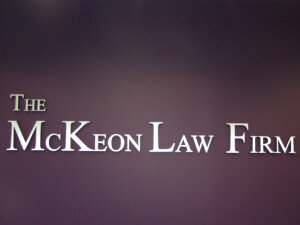A home might be sentimental, but is keeping it best?

Recently, we have shared posts about divorcing later in life. Whether someone is in the midst of the so-called “gray divorce” or younger when splitting from their spouse, the matter of the family home often comes up. For many, part of the family dream wasn’t just the ideal marriage, but the ideal family home to go with it.
When the marriage ends, does the family home’s run end, too? The answer to that question shouldn’t be based on emotion. Depending on the specific case, there will be a wiser decision regarding the future of the home.
First, it can be financially wise for parties to stop referring to the home as such. They should look at it as a financial asset, and in some cases, a financial hardship. Here are reasons why owning the home might be a hardship post-divorce:
Is the home old?
If a home is older it might have lots of maintenance needs. Getting the home (even if it is paid off) after the divorce can still be expensive if it needs a new roof, new paint, a new air conditioner, etc. Will you have the funds available in your individual budget? And, if so, do you want to deal with those matters?
Is the home big?
Think back to the bills related to heating or cooling your home. If you have a large home or inefficient systems within it, the bills can be quite high. Again, even if you do not owe a mortgage payment, it will still cost money to heat and cool the house. You might have other regular costs that we have not mentioned, too.
There is more to the matter of the family home than, “It is special to me; it is where our kids grew up.” While those feelings are completely normal and understandable, a divorce lawyer will encourage you to set a goal that is also based on reason and financial security.
Perhaps the family home is of top concern to you. If you are worried about that issue specifically, talk to your trusted family law attorney about the potential options and how those options might set you up for the future.



